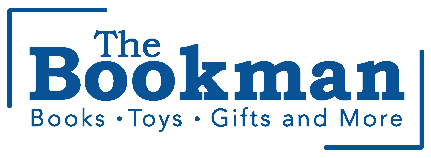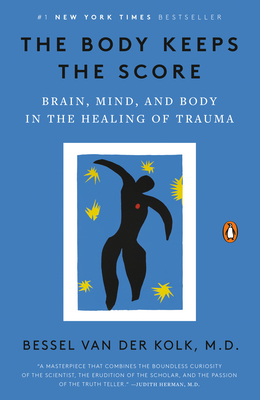
The Psychophysiology of Self-Awareness: Rediscovering the Lost Art of Body Sense
Description
The practice and science of feeling our movements, sensations, and emotions.
Embodied self-awareness is the practice and science of our ability to feel our movements, sensations, and emotions. As infants, before we can speak or conceptualize, we learn to move toward what makes us feel good and away from what makes us feel bad. Our ability to continue to develop and cultivate awareness of such body-based feelings and understanding is essential for learning how to successfully navigate in the physical and social world, as well as for avoiding injury and stress. Embodied self-awareness is made possible by neuromotor and neurohormonal pathways between the brain and the rest of the body, pathways that serve the function of using information about body state to maintain optimal health and well being. When these pathways become compromised, primarily as a result of physical injury or psychological stress and trauma, we lose our ability to monitor and regulate our basic body functions. This book explains the neurological basis of embodied self-awareness, how to enhance self-awareness, and how to regain it after injury or trauma.
Praise for The Psychophysiology of Self-Awareness: Rediscovering the Lost Art of Body Sense
[E]ssential for anyone seeking to reconnect their body’s needs with their minds and daily routines, relieving some stress in the process.
— USABP Journal
It is a truly revolutionary act to render our vague, instinctual knowledge about the body and self awareness into something understandable, urgent, and applicable to everyday life. In so doing, Alan Fogel has laid a solid and comprehensive foundation for far-reaching changes in psychotherapy, medicine, and everyday life.
— Daniel Stern, MD, Honorary Professor of Psychology, University of Geneva and Adjuct Professor of Psychiatry, Cornell University School of Medicine
This book is a rare work in its crossing of two worlds: the intricate, technical world of psychological and biomedical research, with its increasingly sophisticated technologies and languages; and the lived world of becoming mature adults. Alan Fogel succeeds in weaving together these disparate worlds with his lucid writing grounded in his thorough understanding both of the importance of embodied self-awareness in our ordinary lives and the sciences that make sense of that dimension of our being. It is an eminently practical book, providing many clues for how we might expand the benefits of embodiment in negotiating the challenges of our lives and, at the same time, gain a familiarity with the scientific basis for their efficacy, thus counteracting inevitable tendencies toward self-doubt and cynicism.
— Don Hanlon Johnson, PhD, professor of somatics, CIIS and author of Everyday Hopes, Utopian Dreams: Reflections on American Ideals
Fogel draws widely on multidimensional research…all the while addressing these processes with great understanding and ease….Fogel goes further than understanding the complex neurobiology of the human mind by bringing a wealth of information and understanding to the neurobiology of the body and its interconnectedness with the mind. He skillfully shifts the domain of conversation from processes of the mind/brain to the felt sense of the lived somatic experience.
— Rosen Method International Journal
[U]ses recent research in developmental neuropsychology and biology, blends in research with applied therapy and offers insights on alternative medical practices.
— Bookwatch













